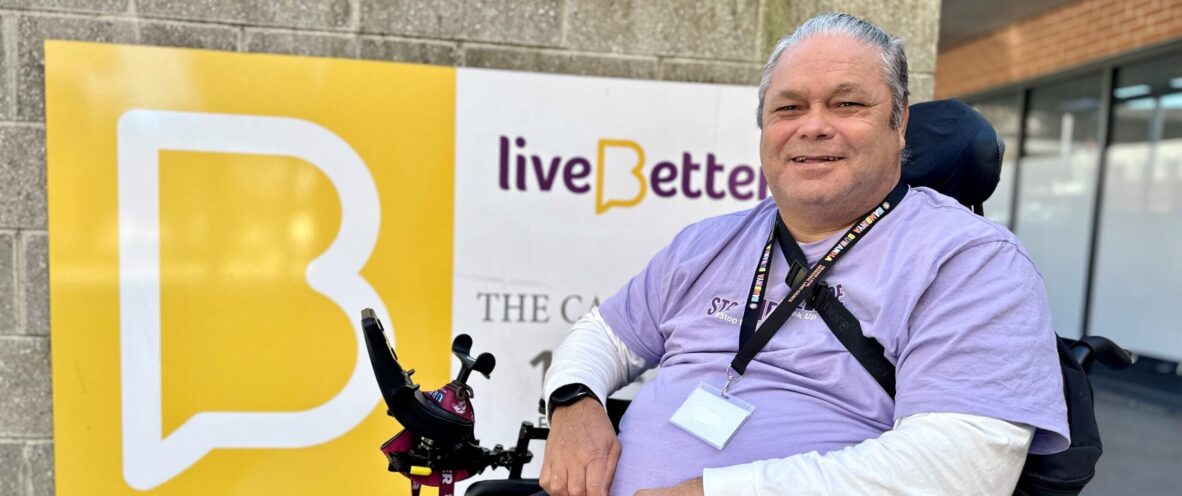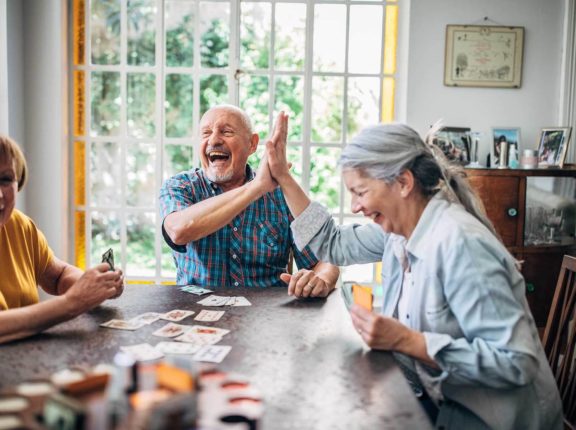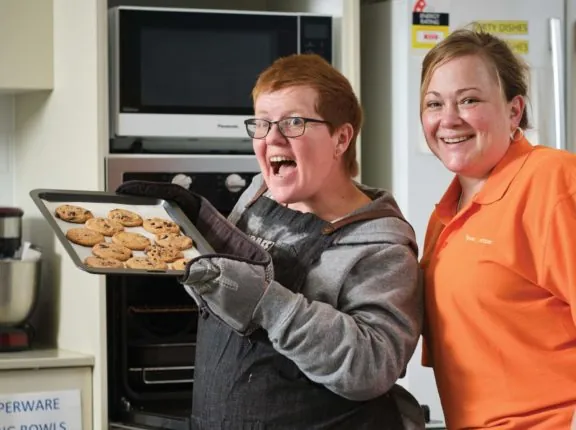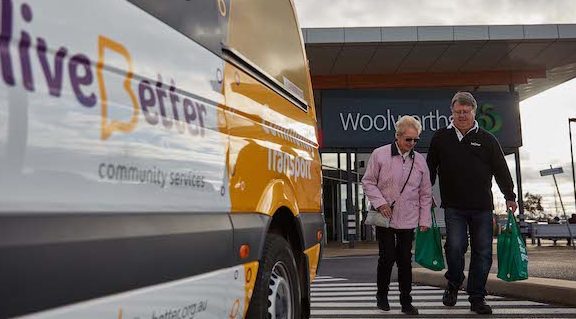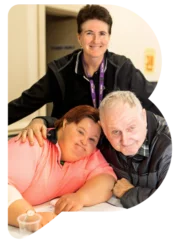Content warning: this article mentions suicidal feelings.
NAIDOC Week first began in 1975. It runs from July 7 – July 14 and offers us the opportunity to learn about First Nations cultures and histories and celebrate one of the oldest, continuous living cultures on earth.
To mark NAIDOC Week 2024, we caught up with LiveBetter’s Rex Cochrane, a proud Noonghaburra and Yuwaalaraay man, and LiveBetter’s First Nations Program Advisor.
Rex is a man who is committed to walking alongside both indigenous and non-indigenous people as we map out a path towards reconciliation. He does this not for personal reward, but so those who come after might benefit.
“It’s all about coming together. We can all learn from each other – from all cultures. It’s by coming together that we learn from each other.”
Rex has faced hurdles in his life that many of us would struggle to come back from. When it comes to his life, he accepts what is thrown at him – and is always keen to stress that he has no regrets.
A bit of background
Rex was born and raised in the far northwest of NSW in a small town called Goodooga, 20 km south of the Queensland border. It’s a hot, dry town, with temperatures sitting above 45 degrees Celsius for five months of the year. He first came to Orange nearly 30 years ago, and loving the cooler weather, decided to stay.
Family is central to Rex – to who he is and how he lives his life. His home life can be hectic. Having already raised nine children (including a niece and a stepson) he has found himself back ‘in the trenches’ caring for three foster sons aged 13,12, and 11.
“It hasn’t been easy. They can be challenging and have their moments. But I suppose all kids have their moments.”
Rex left school at the age of 15, as did many of his generation.
I was halfway through year 10 when I went to work on the family farm. I worked on the fencing with my grandfather and my Dad.
After a few years of mending fences, Rex moved to Sydney to play football.
“ I was playing for Penrith – working my way up the grades. Although my football career didn’t work out, I kept playing sports. I played golf, football, cricket, lawn bowls…if it wasn’t one it was the other, every weekend.”
In 2019, Rex, an experienced motorcyclist, almost died in a quad bike accident which left him quadriplegic.
“I’d ridden bikes all my life: dirt bikes, motorbikes on the farm, four wheelers…one afternoon I went out to have a ride on my bike and had an accident and it changed my life dramatically.”
“The only reason I’m still here is because my daughter found me. When I didn’t come home when it was dark, she went out looking for me. I can’t remember any of it – I was out to it for a few days.”
Rex was flown to Sydney and went on to spend 12 months in hospital.
“You tell someone that tomorrow they’re going to be in hospital for twelve months they’ll probably laugh at you and tell you to go away.”
The experience left him badly depressed, and he was diagnosed with PTSD. He tried to take his own life three times. But he pushed through.
On NAIDOC Week
“NAIDOC Week is about First Nations self-pride,” explains Rex. “It’s about sharing our culture with non-indigenous people and showing them what we do, how we celebrate, and all that we’ve achieved. It’s about the coming together of all people – indigenous and non-indigenous people.”
Rex believes that his experiences as a First Nations man have taught him a lot about people.
“I never really experienced racism until I moved to Orange, and I wondered why it was so bad. But I learnt to deal with it, to speak out when I needed to speak out about it. I’ve learnt to shake it off.”
Interestingly, Rex observes that racism is something that not only emanates from outside of the Indigenous community but is also a source of conflict within the Indigenous community.
“We seem to have walls of prejudice against each other. It’s a big thing. It’s a big thing here in Orange. I didn’t think it would be.”
“But it’s taught me a lot. I still think there’s more to learn though. It makes you think about how you choose your friends – how you choose the people you mix with.”
The way through, he says, is respect – respect for yourself, and respect for others.
“My grandfather instilled in me at an early age the idea that you treat people the way you want to be treated. If you don’t give respect out, don’t look for it back.”
On LiveBetter
Rex brings a wealth of knowledge and experience to LiveBetter. He looks forward to seeing the LiveBetter Reconciliation Action Plan (RAP) not only implemented but leading to great outcomes for First Nations people.
“ It’s a big job and it’s not me or my generation who will benefit. It’s our kids and our grandkids. I think all organisations need to have a Reconciliation Action Plan. It’s important that we, all of us, both indigenous and non-indigenous, learn how to communicate with one another so that we can learn from one another. We can all help each other. That’s what it’s about.”
The RAP will be a blueprint for our organisation’s ongoing engagement and partnership with First Nations customers, staff, and communities. LiveBetter has a large footprint, and the RAP will look different in different communities. It’s a big project, but it’s hoped it will bring about changes that ease the path for Indigenous and non-indigenous peoples to work together effectively and positively.
Quick Questions
What is the best thing about your work?
“Meeting new people.”
What is the most challenging thing about your work?
“Trying to find everyone in the Outlook address book.”
Top tip to manage work-life balance?
“Make sure you look after yourself – meditate, do something for yourself after work.”
What keeps you going, getting up and doing it all again, each day?
“Showing that disability is not going to stop me. I’ve always wanted to work. I’ve been in the workforce since I was fifteen, and I’m not going to sit still now.”
Hopes for in the future? Where do you see yourself in five years?
“I hope to be working with LiveBetter and seeing some real progress from the Reconciliation Action Plan.”
If there was one piece of advice you could give to others who are starting in the community sector, what would it be?
“Be respectful. Treat people the way you want to be treated.”
Support is available from Beyond Blue on 1300 22 4636 or Lifeline on 13 11 14.
